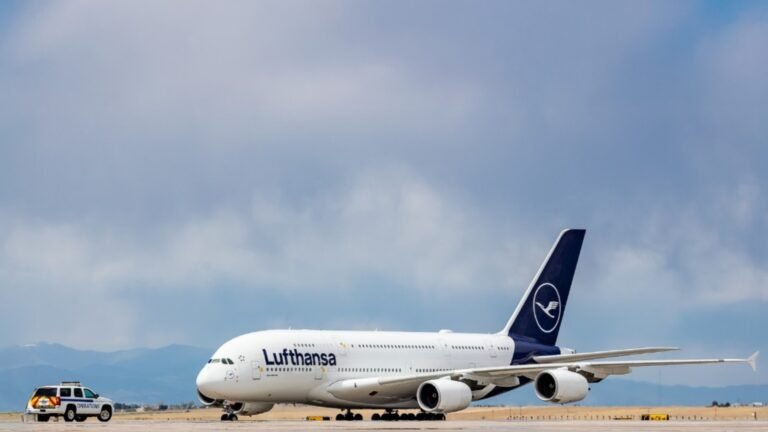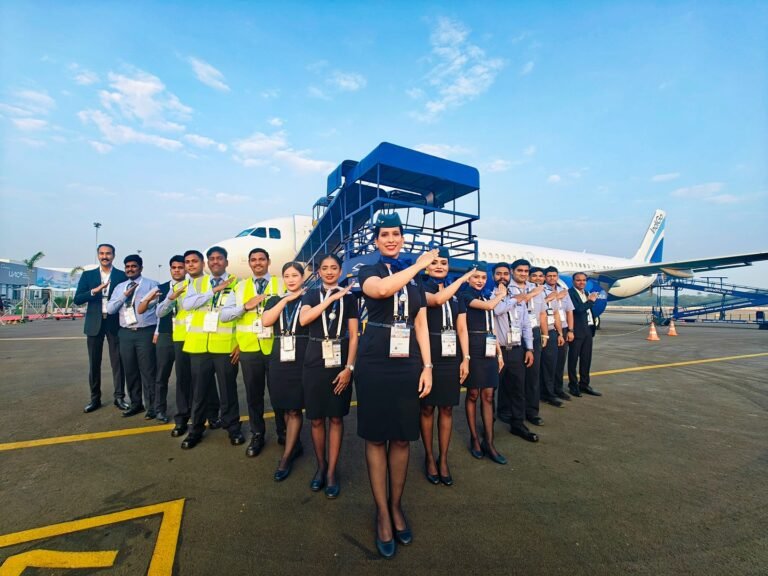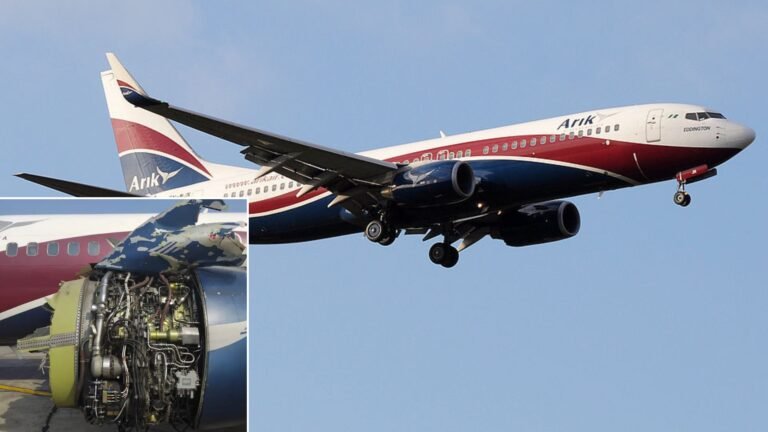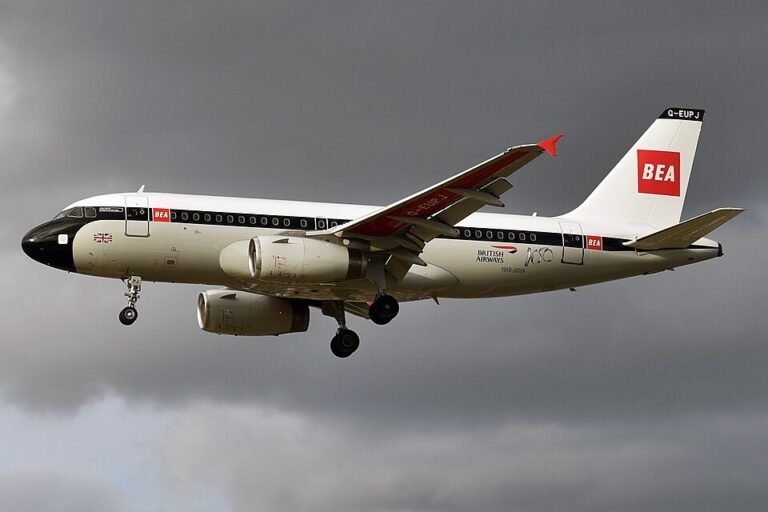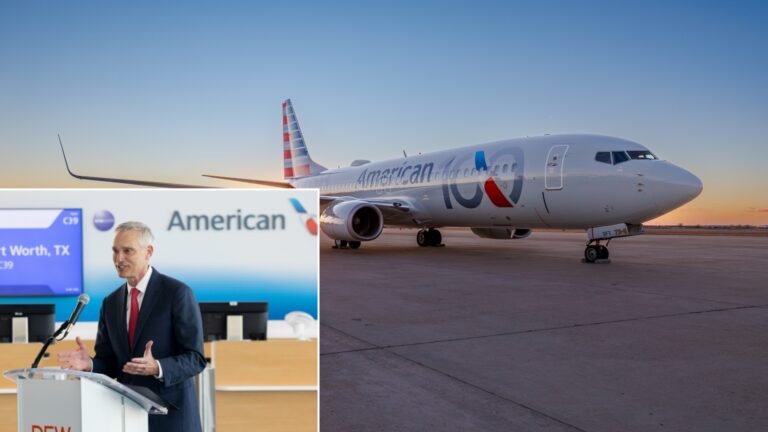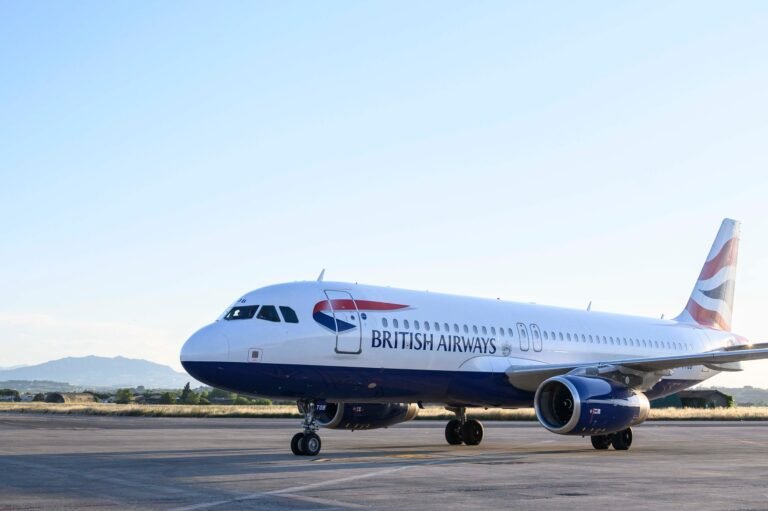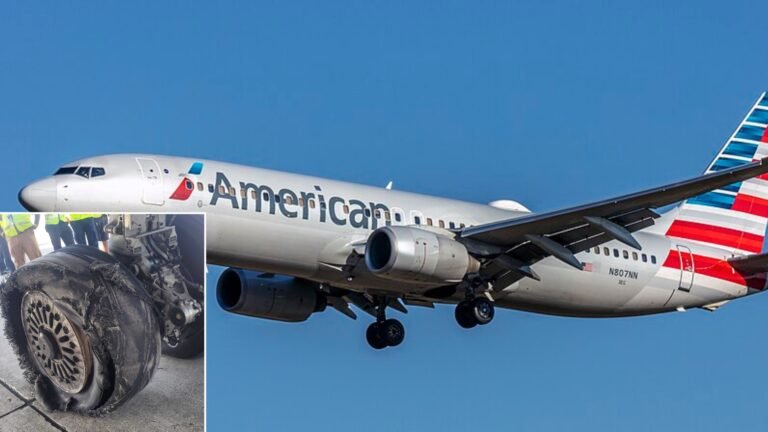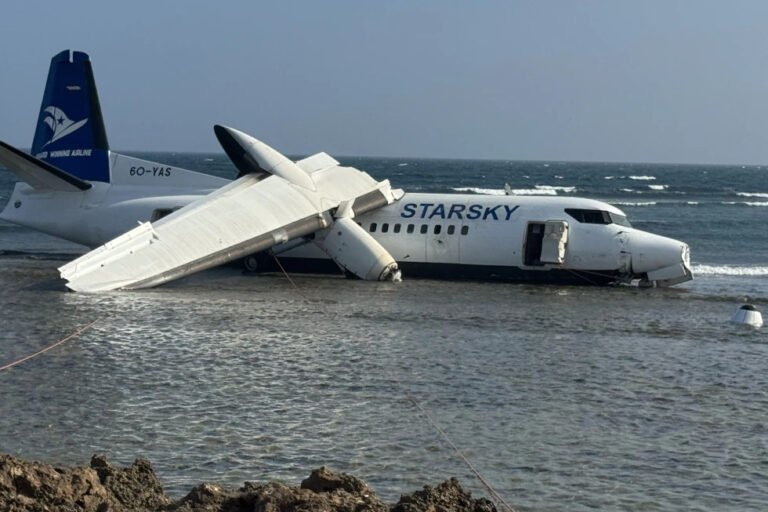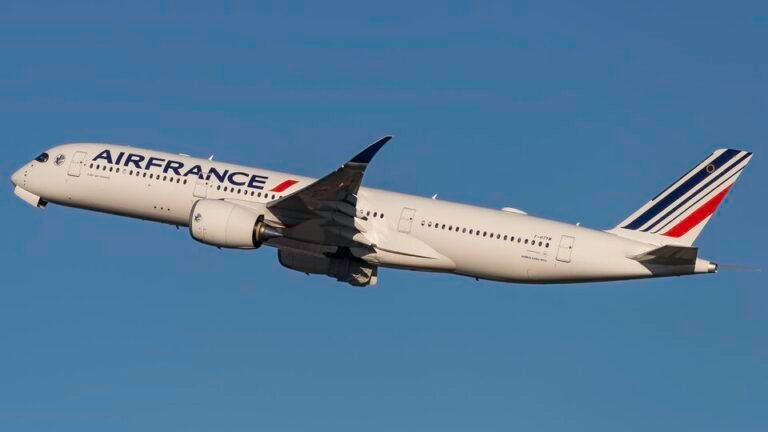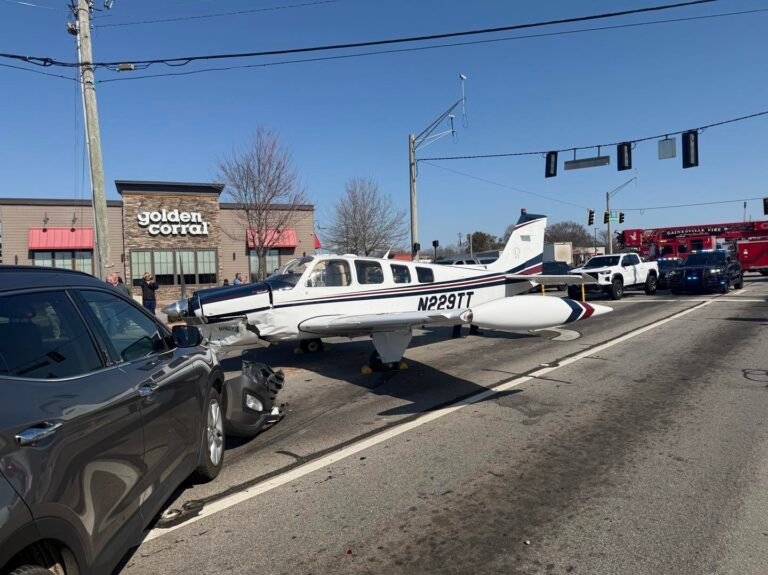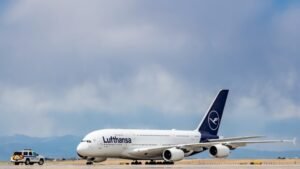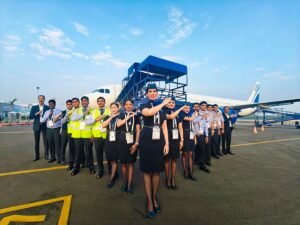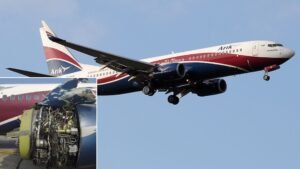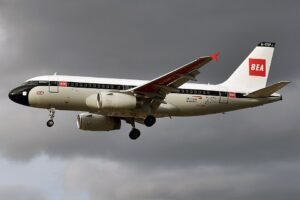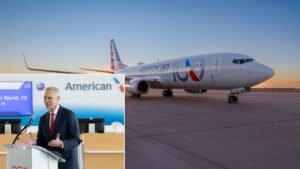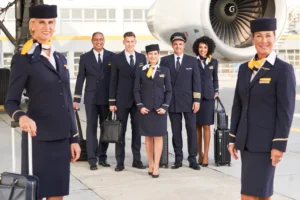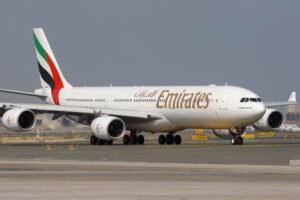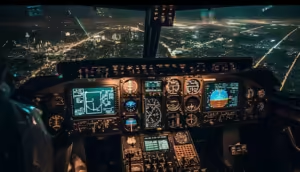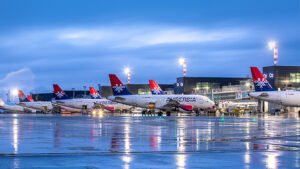New Delhi, India: In a major shift towards global aviation training standards, the Directorate General of Civil Aviation (DGCA) has announced the introduction of the Multi-Crew Pilot Licence (MPL) programme in India. Designed to better prepare cadet pilots for the complexities of modern airline operations, this initiative marks a fundamental departure from the traditional Commercial Pilot Licence (CPL) training approach.
Speaking to The New Indian Express, DGCA Director General Faiz Ahmed Kidwai confirmed the rollout of this programme, emphasizing its alignment with international norms set by the International Civil Aviation Organization (ICAO). Kidwai stated:
“MPL, recognised by the International Civil Aviation Organisation, differs from the traditional Commercial Pilot Licence (CPL) training based on single pilot operations,”
“This will focus on the development of pilot competencies required to operate in multi-crew environments right from the start. It will integrate theory and simulator training to ensure that pilots are better prepared for the commercial aviation industry.”
Simulation-Driven, Competency-Based Training
The MPL programme significantly incorporates simulator training from the outset, a feature that distinguishes it from CPL training, which emphasizes real aircraft hours in single-pilot operations. Under the new model, cadets will progress through structured stages focused on multi-crew operations, airline workflows, and real-time threat management.
“The hours spent on the flight simulators would be added to the required flying hours of the pilots,” Kidwai said.
This change is expected to not only reduce training costs but also enhance safety by exposing cadets to complex flight situations such as inclement weather, equipment malfunctions, or in-flight emergencies in a controlled environment before they begin live aircraft training.
Focus on Airline-Specific Threat Management
The DGCA’s MPL programme is designed with entry-level airline first officers in mind, emphasizing threat recognition and mitigation skills derived from decades of airline operational data.
“In MPL, entry-level first officers will benefit through a specially-designed programme that imparts lessons on managing and mitigation of airline-specific operations and threats that have been collated over decades,” Kidwai added.
This airline-centric orientation stands in contrast to the traditional CPL route, where pilots often make the transition to airline environments only after completing individual flying hours in general aviation aircraft.
Opening the Doors to Arts and Commerce Students
In parallel, DGCA is also pushing for a policy change that would allow Class 12 graduates from non-science streams to pursue commercial pilot training, a first in Indian aviation education. Once the notification is issued, flight training organizations across the country will be able to admit eligible candidates from Arts and Commerce backgrounds. Students will still be required to pass DGCA Class 2 and Class 1 medical assessments, complete the required theoretical training, and clear DGCA examinations before progressing to flight training.
Industry-Wide Implications
The introduction of MPL training is expected to have significant implications for India’s aviation ecosystem:
- Training Organisations will need to invest in high-fidelity simulators and adapt their curriculums to meet DGCA’s upcoming MPL standards.
- Airlines will likely benefit from hiring cadets who are better prepared for multi-crew, jet aircraft operations from the start.
- Students may see reduced overall training costs and improved safety outcomes due to the blended use of simulation and live flying.
With India’s commercial aviation sector poised for rapid expansion and a forecasted shortage of qualified pilots, the implementation of MPL is seen as a timely and strategic intervention. By embedding international best practices and safety frameworks into the training pipeline, the DGCA aims to produce airline-ready pilots who are better equipped for the operational realities of modern commercial aviation.
Formal implementation guidelines for the MPL training programme are expected to be released by the DGCA in the coming months.


